
Brian's Run Pod
Welcome to Brian's Run Pod, the podcast where we lace up our running shoes and explore the exhilarating world of running. Whether you're a seasoned marathoner, a casual jogger, or just thinking about taking your first stride, this podcast is your ultimate companion on your running journey.
Join us as we dive deep into the sport of running, covering everything from training tips and race strategies to personal stories and inspiring interviews with runners from all walks of life. Whether you're looking to improve your race times, stay motivated, or simply enjoy the therapeutic rhythm of running, Brian's Run Pod has something for every runner.
Brian's Run Pod
How Christi Dee transformed from casual jogger to marathon coach and author
Christi Dee shares her journey from casual runner to marathon coach and children's book author, highlighting how running transforms lives and builds communities.
• Collaborated with TJ Daly on running events after joining his 50-mile fundraiser as the only woman participant
• Reflects on the evolution of women's running, from historical exclusion to today's record-breaking achievements
• Emphasizes inclusivity in coaching: "If you run, you're a runner" regardless of pace or body type
• Published two children's books about running - "Can a Frog Jog?" for ages 3-6 and "Maya Runs a Marathon" for ages 6-12
• Warns against the comparison trap on social media that can undermine runners' confidence
• Has completed all World Marathon Majors with London being a favourite experience
• Currently working toward running marathons on all seven continents
Brian's Run Pod has become interactive with the audience. If you look at the top of the Episode description tap on "Send us a Text Message". You can tell me what you think of the episode or alternatively what you would like covered. You might even get a mention!
Instagram
So you're thinking about running, but not sure how to take the first step. My name is Brian Patterson and I'm here to help. Welcome to Brian's Rompod. Hi, welcome back to Brian's Rumpod and I'm your host, brian Patterson.
Speaker 2:Now, in the second part of my chat with Christy Dee, I asked about how she collaborated with someone I've interviewed before and that is TJ Daly. I also go into how she wanted to become an author and the process for getting a children's book published. I'm sure you'll agree with me that she has been an inspiration, and I just wanted to thank her for getting me in touch with TJ Daly and also for Jason Norrell. So, without further ado, let's get into the episode, because I know you work with someone, tj Daly, who I've interviewed as well. Yes, and I was trying to pronounce the website name. You're probably better at it than me, because his running community was it MT, mtc, mtc Meshuggah.
Speaker 3:Misha Trap Club. It's hard to say, it's a mouthful. For sure I met TJ. He lives pretty close by me, so we were just running by each other a lot before we actually met each other in person. We were actually both at an Orange Theory fitness class one day. And we realized we knew each other from running, so we had a short chat after that and then connected through social media, and this was well before the pandemic.
Speaker 3:And then we realized we had some mutual friends and so we would run into each other, even like at some social gatherings, and I knew what he was starting with MTC and I was very intrigued by it. At the beginning it was just about 12 guys in this group of friends and I was like, well, I'm not officially involved with any other run club. I guess I wonder what these guys have going on. So TJ and I connected and chatted a lot and then the pandemic hit. He was putting together a fundraiser for during the pandemic, with races canceled, we all just kind of created our own adventures and he was putting together this 50 mile run.
Speaker 1:Yeah.
Speaker 3:And it was the same year that I had run 40 miles on my birthday when I turned 40.
Speaker 2:Yeah.
Speaker 3:And so I was like, huh, I think I could do 50 miles. So I said, hey, tj, uh, is this just for the guys, or can you have? Would you mind if a girl came along? Yeah, yeah so I went out and I ran this 50 miles with these guys there are 12 guys and myself and um we. We did that and I think that kind of solidified my involvement with tj and the mtc.
Speaker 1:You got to know them pretty well yeah.
Speaker 3:Yes, I was proud of myself for hanging with all those guys. They're quick, they're all like sub three hour marathoners.
Speaker 2:Oh, wow, okay so 50 miles.
Speaker 3:I knew I had the endurance capacity. Thankfully the pace wasn't at that kind of pace so I could keep up with them.
Speaker 2:Do you run all the way I could. Do you run all the way? Do you run all the way?
Speaker 3:I mean, that just blows my mind we did have aid stations okay scheduled yeah so about every eight miles we would um, take a breather and go to an aid station. Our families had set up these aid stations all the way, so we just kind of did that, but I think, solidifying myself with that group and becoming closer to TJ and his brothers through that. He then decided to launch those two races, the FOMO 50K and the Prairie on Fire Backyard Ultra. I'm sure that he would share a lot with you about those, so I'm involved with him on the, you know, behind the scenes with those races and events, and so I fully support what he's done for this community and I'm super proud to be a part of it.
Speaker 2:All right, so are you their kind of official coach on the?
Speaker 3:uh for yes, um, for those two races. Uh, I do promote myself as as a coach that they there are several coaches within that organization um, but I am officially the coach for the fulmo 50K. Yes, Great.
Speaker 2:So I just wanted to ask do you think running for women has changed a lot compared to when you first started?
Speaker 3:I do think so, I really do it actually. Side note, it just actually still blows my mind the stories from the 60s and 70s of how women weren't even allowed to participate in these major marathons, they couldn't run over certain distances, that kind of thing. It still blows my mind that that was not very long before my lifetime, for my lifetime and here I am like fully immersed in this community, building a career out of it and wanting to share the passion with other women and everybody. So you know, side note, I just still can't even believe that was a thing. But for women, definitely it's grown a lot. I mean, we've seen barriers broken with world records and every distance imaginable since I started running almost 20 years ago, and the men are doing that too. But even recently, I believe just this week, nike announced that they were going to have a program. They were trying to get the first woman to run under a four-minute mile. This kind of project that they're launching.
Speaker 3:So they're working on that, so continuing to raise the bar. The average women's marathon time is somewhere around like a 445. And I think that's amazing. I think it's a testament to how many women are out there. They don't have to be all super fast, sub three, sub 20. I think, showing that that's the average time, I love knowing that there are five-hour, six-hour marathon women out there just getting out there, getting it done and talk about grit to be out there for that long, going at that intensity for 26.2 miles. So I think, yeah, it's changed a lot by the numbers of people involved, by the thresholds that the women are still breaking through, and I think it's just super inspiring.
Speaker 2:But obviously you must see that you know, as a coach, or how you know women are either coming to you, you know, asking for your advice. You know as to kind of you know where can I start, what kind of direction I need to be going. As to kind of you know where can I start, what kind of direction I need to be going into, that kind of thing.
Speaker 3:Yes, I have new runners as well as people that have been running for a while but they just don't know how to continue to train for the next distance or whatever. I recently had one of my athletes share with me. She had a coach previously and this particular coach body shamed her for her weight and time and pace, shamed her for not being faster and really broke down her confidence level. And it just broke my heart to even hear about this because, first of all, I truly believe there's space for everybody in this running world, but for somebody to feel ashamed for wanting to get better and hiring a coach, and then that to work to build people up, to give them the confidence to know that they can go, do hard things, to know that they can reach their goals.
Speaker 3:If you run, you're a runner and I don't care. Your pace, your size, it doesn't matter, and no one else should care about your pace or your size either else should care about your pace or your size either. Running and those involved should be the most supportive for each other, because we know what it's about, we know how hard it is and we know the time, the dedication effort that it takes to even lace up your shoes someday is hard, but if you're getting out there, yeah. There's no room for people that break others down, and I've found that my new runners, as well as those that have been doing it for a long time and I'm just helping them channel their efforts so they can perform the best as possible. Building confidence is something that I really hope to do for my athletes as well.
Speaker 2:Do you think social media has played a part? I mean, I'm just thinking that. I mean you talk about coach body shaming, but you know, even if you just go on Instagram or something like that, someone could feel you know very put off about running. You know what are your views on that?
Speaker 3:So I think social media it brings a lot of positives, but definitely, as you just stated, the negatives too. I love that you can build community on social media, but each person needs to be aware of the things that might trigger them. Kind of a catchphrase that's really popular right now is imposter syndrome, and I think if you go down the rabbit holes of Instagram and you're seeing these, you know fast runners and you know their amazing stories that they're telling and all the things and you're like is there a place for me in this space? I don't match up to this.
Speaker 3:their body shape or their speed their pace, how many marathons they've done, all the things that you can compare yourself to. You kind of wonder am I in the right space? Should I be doing this? Maybe this isn't for me, maybe this isn't for me and you know, I've struggled with some of that, too kind of launching a new business and putting myself out there in various ways. You have to. You don't know if you can do it unless you try, because 100% of the things you don't try, you're going to fail at, going to fail at Right. So you've got it.
Speaker 2:I think someone said that.
Speaker 3:And you know it's like, even if you fail at something, hopefully there's still a win within that that you can take to the next attempt. Yes, so if you didn't meet your PR, what did we learn from that? And how can we transition that to help you build the next time, to be even stronger?
Speaker 3:And so there's, you know, ways that, if you can stay out of your head in terms of comparison, falling in the comparison, trap stay out of your head by self-doubt and stay out of your head by the comparison, and I think that social media can be a positive thing, but if you start going down those rabbit holes, it definitely can bring you down and you might need someone to pull you back out of that.
Speaker 2:But I like, from what you're saying and how you got into it, it was that the community aspect helped encourage you, inspire you and moved you to attain the goals that you set yourself. You know if you're doing it on your own and you know sometimes it can be a lot harder.
Speaker 3:Yeah, Definitely, definitely. You know, there's strength in numbers. That's kind of another little saying. Of course that can kind of be cliche a little bit, but it's really true, especially when it comes to running. I, you know, carry you through a marathon.
Speaker 3:It has to all be on you, but, at the same time, relying on others for that support system and that community is huge. I think that's why a lot of people stay in it. They find their group and they find where they fit in and that, you know, helps them dream bigger and and think through okay, what's next? And, oh, maybe I can actually do that, maybe I am a runner, uh, that could you know, potentially strive towards the marathon distance or or whatever the case may be um, I can't believe we've talked so much and we haven't even mentioned your books, so we will do now.
Speaker 2:So now, um, I have talked to an author before, um, and she talked about her journey, but I've never talked to a, and my wife would be interested in this because she's a teacher to a children's author. So, okay, gave you you the inspiration to write a children's book.
Speaker 3:So I think it was always in the back of my head, even when I was very young. I've been a lover of reading and I would even try to write little things myself when I was a kid, and my mom would tell you that I've always been a writer. I don't know that, I believe that, but there's always been something in me that somehow I wanted to figure out how to be a storyteller. And over the years, when I would go to various baby showers, you'd maybe get asked to bring a book instead of bringing a card. So I would look for books about running, because that was how I related, that was my identity and that's how I related a lot of times with the women who were having the baby showers. I maybe knew them as a running friend or whatnot, and I couldn't find a lot of variety out there. There were few and far between things that didn't necessarily, you know, register for me. I remember specifically there was a book called Marathon Mouse.
Speaker 1:Right.
Speaker 3:And I would end up getting that same book every time I went to a baby shower and I was like, well, I've got some ideas. I could, you know, kind of broaden this topic, the genre for children? So a long time ago I think, in like 2018, I started a little note in my phone and it was rhyming and it was can a frog jog? And I would think of through the alphabet and come up with different animals for every letter, and then I would jot down over time like little rhymes.
Speaker 3:I would think of you know, something with the zebra or something with you know, the yak. And over time I had this full long note in my phone. And last year, when I had left my previous job and I was launching my coaching business and I had a little more time and I was just really doing some self-exploration of what this career path would look like, I just thought to myself okay, why did I make this note, why do I have this that I've put time into if I'm not going to do anything with it?
Speaker 2:Yeah.
Speaker 3:And I think it almost was a factor. The fear of failure almost prevented me from starting and from trying it.
Speaker 1:Yeah.
Speaker 3:And that's a huge life lesson for people If you wait until you're ready, you're never going to do it.
Speaker 2:Yes.
Speaker 3:So I wasn't ready, but I had a mentor. One of my good friends from college is an author. She writes romance novels like thrillers, but she knew the process and so I asked her if she would mentor me through the process of getting an editor, figuring out how to self-publish, getting the layouts done and all of that. And so she was a huge inspiration and resource for me and really supportive, so I wouldn't have been able to do it at all without her help and then, of course, the support of my family. I'd be like, hey, will you guys read this? How does it sound?
Speaker 2:Yeah, yeah, I'd be like hey, will you guys read this?
Speaker 3:no-transcript.
Speaker 2:So did you just for that? My daughter's an illustrator, but I'd just be interested, did you? Yeah, she did a degree in illustration, but I'd be just interested. Did you have to commission an illustrator? Obviously you wrote the text. Did you have to sort of commission an illustrator for?
Speaker 3:I bought the artwork and did the layout myself. Right so it was just. I don't think clip art is the right term. It was definitely art artwork yeah but, um, I purchased that and then did the layout myself. Okay, so it's not perfect. Um, I'm I'm sure that there's a lot more I could learn, uh, with laying out the illustrations and all of that, but, um, I didn't have the resources to to hire somebody to.
Speaker 2:Um yeah, but it's the first step, isn't it?
Speaker 3:so, yes, yeah, yeah, yeah, sorry, carry on yeah, um, so I once when, when you get finished with your original text and you send it off to an editor there can be a lot of time in between, and so while that was happening, my can of frog jog was off at the editor and then, once that process is finished, then you have to send it in and get a copyright from the US government.
Speaker 1:So all of that takes time.
Speaker 3:In the meantime I started the second book, maya Runs a Marathon. I think I was just kind of on a roll. And Maya Runs a Marathon is definitely about my journey and just some life lessons that I know training for an endurance event can bring people Can a frog jog and Maya runs a marathon. Of course, the stories they're both about running, but the underlying lessons I guess what I would like for people to know is, first of all, can a frog jog? It's about finding what you love, what your passion is which in this case the narrator is a runner and then looking for like-minded individuals and finding your community.
Speaker 3:So throughout the book it's an ABC book. He's trying to find someone to run with him and so it's looking. You know, maybe you're doing something that's not popular or other people aren't doing, but that doesn't mean it's wrong. You just have to go and find where you belong and find others with that like-minded attitude, and so that's kind of the underlying message for Canna Frog Jog. For Maya Runs a Marathon, the underlying message is really just to dream big and learn to believe in yourself. So, yes, it's about running marathon and training and putting in that work, but it's finding support from your family and friends. It's putting in the time, even on the hard days, and then, in the end, reaping the reward for putting yourself out there, chasing your dream, putting in the work and starting to believe in yourself.
Speaker 2:Yeah, so is that targeted to from you know, like 0 to 10, or is there both books? Are these targeted to the same age group?
Speaker 3:No, the Can a Frog Job would be a younger age group, but it's probably the more first. Learning to read that's an alphabet book, so I would say maybe three to five years old or six years old. And then my Runs and Marathon is a little more advanced. So maybe like six to 12 years old is a little more advanced. So maybe like six to 12 years old. Okay, just when you get to the stage of learning to have goals, dream about things that you want to accomplish, and learning to believe in yourself, I think that's a little bit more advanced topic, so a little bit older age group.
Speaker 2:Yeah, but it's good that, because I know, not just in the us but also over here you're I don't know if you agree with me um that you know the young people today are under so much pressure and also when we up we didn't have phones and I didn't you know sort of thing. So there is the you know, that sort of obesity issue and I know that you know there are various governments, and the governments in each of our countries obviously are trying to tackle that. In each of our countries, obviously, I try to tackle that. So at least you feel some way that you know in your own small little way that you've gone some way to do that.
Speaker 3:Yes, I think so, you know, being active, staying active, regardless of what it is. Not every kid is going to want to run ever and that's okay. It doesn't have to be about running, but thinking of what your personal big dreams and goals are putting in the effort and working towards that. It takes a lot of physical and mental growth and power to be able to do that, and encouraging kids from a young age, I think, will help keep them active and working towards whatever their finish line might look like.
Speaker 2:Did your kids like the books?
Speaker 3:They do. Yeah, so I have two stepdaughters. They are almost grown 18 and 20, uh, but they thought they were cute. Um, I, I am fortunate enough. Tomorrow I get to go be a guest author at an independent bookstore here in indiana and I get to read both of the books and talk to the kids about these same topics, so I'm super excited about that.
Speaker 2:And is there another one? I mean you've done two. Is there a third one? Will they be to an older audience or do you stick to the kids' books? Children's books.
Speaker 3:So I do have an idea for a third children's book, so there'd be at least three children's books. The next idea that I have is about running the world and the various things that you can see when you're out exploring through running in my case. But yeah, I have a few more cities on my bucket list that I want to run.
Speaker 2:And then that book would be the next thing that happens after that right, um, at time of recording, uh, because I know this probably won't go up for a few weeks, but the time of recording I mean the london is this weekend, so I take it you have done london. Um, what did you think?
Speaker 3:I loved london, yeah, um. So when covid hit, I was scheduled to ride Tokyo and London in the spring of 2020. London was delayed till the fall of 2021. So I'm one of the few people that got to run London Marathon in October instead of April. But I love the city. Just the energy, the beauty. It was a wonderful. The weather was great the weekend we were there, um, and just the energy levels, uh, the entire course. So you start and run down these little streets and there's pubs lining the streets and, and already at 7 am, everyone was out with their pints of beer cheering on the marathoners very early on.
Speaker 3:It's very jovial and boisterous and I just I love that vibe. I loved the crowds that cheered. It was an amazing race and there's not a lot of places more epic than to run an iconic to run across, like the Tower Bridge.
Speaker 2:Yeah, that's right. And then you know, I think you go past, yeah.
Speaker 3:Yes, I mean it's just. You know, places like that like to just run and finish it can bring you to tears, just with how magnificent the opportunity. Is there a? Do you have a sporting icon In the sport?
Speaker 2:Yeah, in any sport do you have a sporting icon. It could be in running or it could be in any other sport. That's super easy.
Speaker 3:Yes, super easy for me to answer. Des Linden, 2018 Boston Marathon champion, the grittiest of the gritty girls out there and just brings a lot to this industry.
Speaker 2:Right, right. I think Rachel said the same thing. I'm just trying to think back.
Speaker 3:Well, she and I have met Des together several times.
Speaker 2:Oh, all right. And now another one is if you were stuck in a lift with anyone, be it sporting or not, who would you? Who would it be?
Speaker 3:Well, this is a Brit. I would choose Princess Diana.
Speaker 2:Oh, really, all right, yes, they is a.
Speaker 3:Brit, I would choose Princess Diana. Oh really, oh right, yes, they would. Yes, she was my mom's iconic celebrity. Growing up, we had books and watched everything that she was on and the newscasts and all of the things growing up, so she was ingrained in my my childhood. But as I've grown and learned more about her story and her life and the changes she wanted to make in the world, yeah, um, I I definitely could say that I would still be a huge fan of hers if she was with us.
Speaker 2:yeah, I mean, I think, uh, I think you're right, she would, she, she wouldn't be out of place today. I don't think Right. And finally, do you have a favorite running route? I mean because I know you've obviously run, done long runs, greater distances, that kind of thing or is it pretty much in and around Indiana or it could be anywhere Is?
Speaker 3:it pretty much in and around Indiana or it could be anywhere. So my favorite place in the world to run is Central Park in New York. City, so whenever I'm there that's definitely happening. But for here locally, we're very blessed with an enormous amount of connected trails and the main one that goes north-south through the state of Indiana is called the.
Speaker 3:Monon Trail and that's where my running journey started. When I had to sign up for that first half marathon, I did all my training on the Monon Trail and I still hit it almost every week. And just the people that you see out there. You see the same faces over and over again and to say hi, um, it's.
Speaker 2:It's definitely a favorite of mine good, good, so, um, well, I just want to say, uh, oh, well, before I go, it's just basically I mean, what are your I mean, apart from looking to write another book, any other goals and aspirations going forward?
Speaker 3:yes, so, um, my goal at this point is I've run all of the world marathon majors, which includes seven. Now, um, what I'm planning to do from here is to finish out running a marathon on each of the continents. So I still have um Africa, south America and Antarctica to go Um, and we've got a plan in place to get all those done within the next four or five years.
Speaker 2:Wow, oh, that's amazing. You'll have to let us know how, or you know if I'm still going in four or five years I mean, the podcast is still going. You'll have to come back and tell us about it.
Speaker 3:Absolutely, I definitely would yeah yeah, or along the way.
Speaker 2:I just want to say thank you, Thank you so million for you know coming on the podcast, and I just want to say it's been a pleasure speaking to you about your writing, about your coaching philosophy and also how you got into running. Thanks very much.
Speaker 3:Thank you so much, Brian. This has been great.
Podcasts we love
Check out these other fine podcasts recommended by us, not an algorithm.
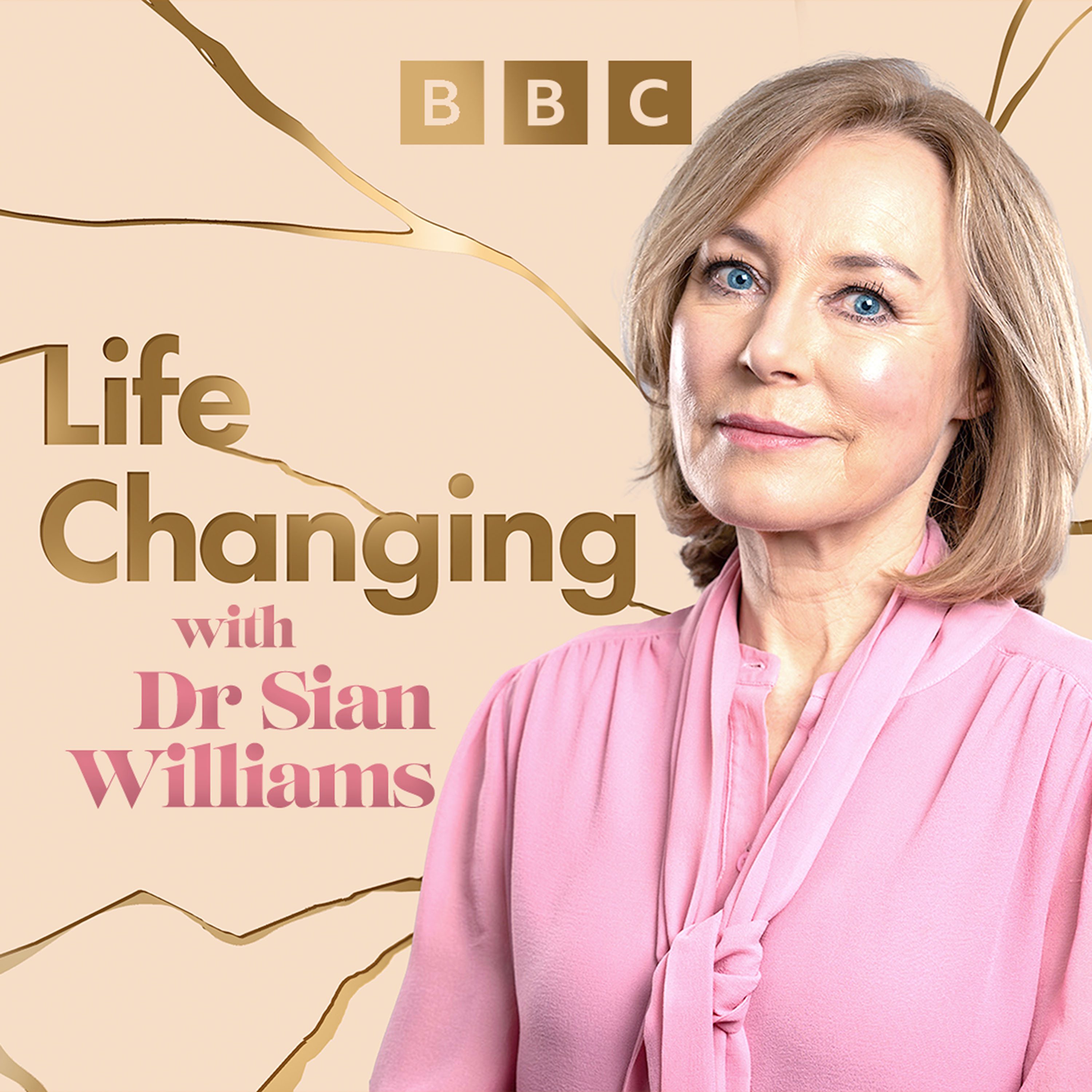
Life Changing
BBC Radio 4
Tech Life
BBC World Service
The Runner's World UK Podcast
Runner's World UK
Buzzcast
Buzzsprout
Newscast
BBC News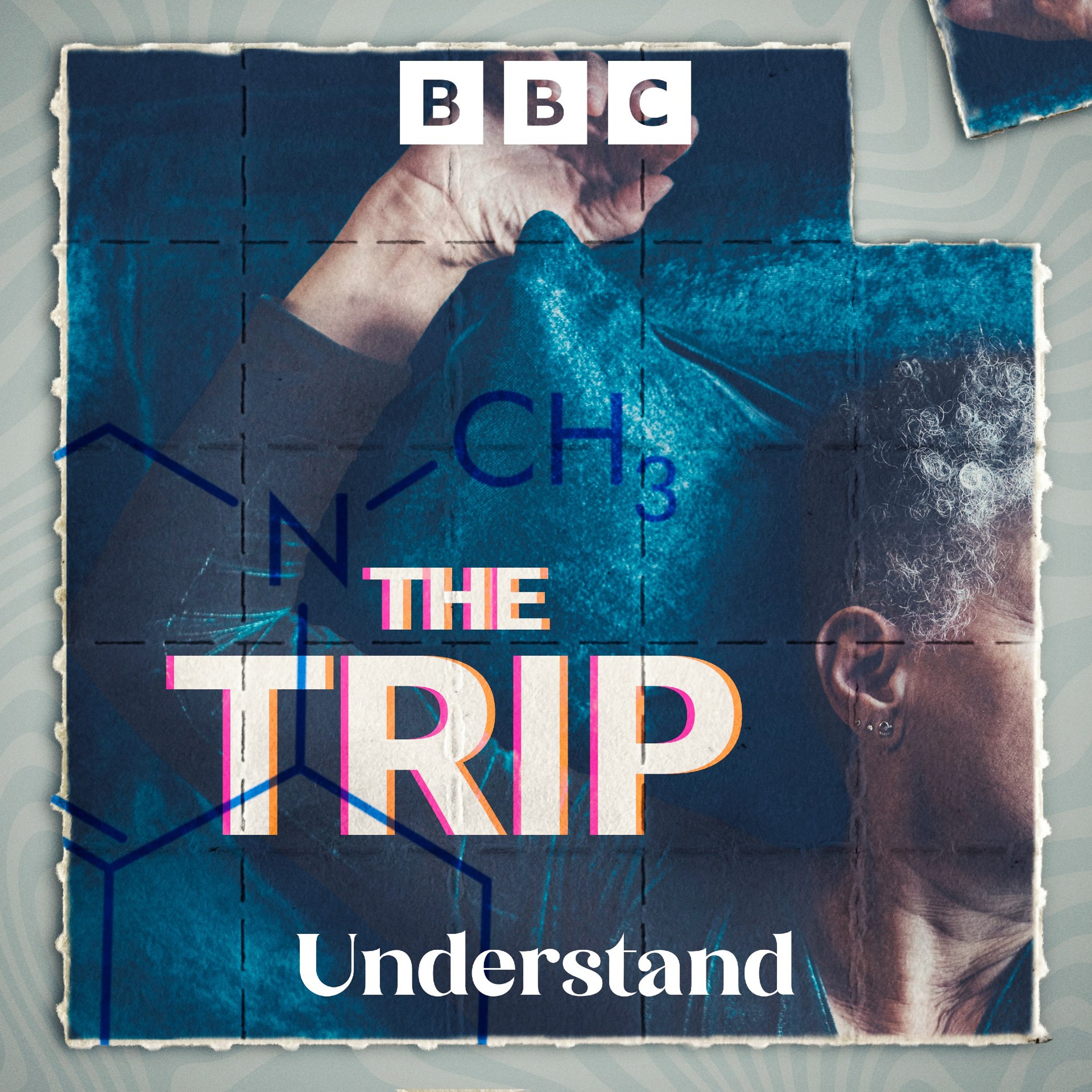
Understand
BBC Radio 4
Cyber Hack
BBC World Service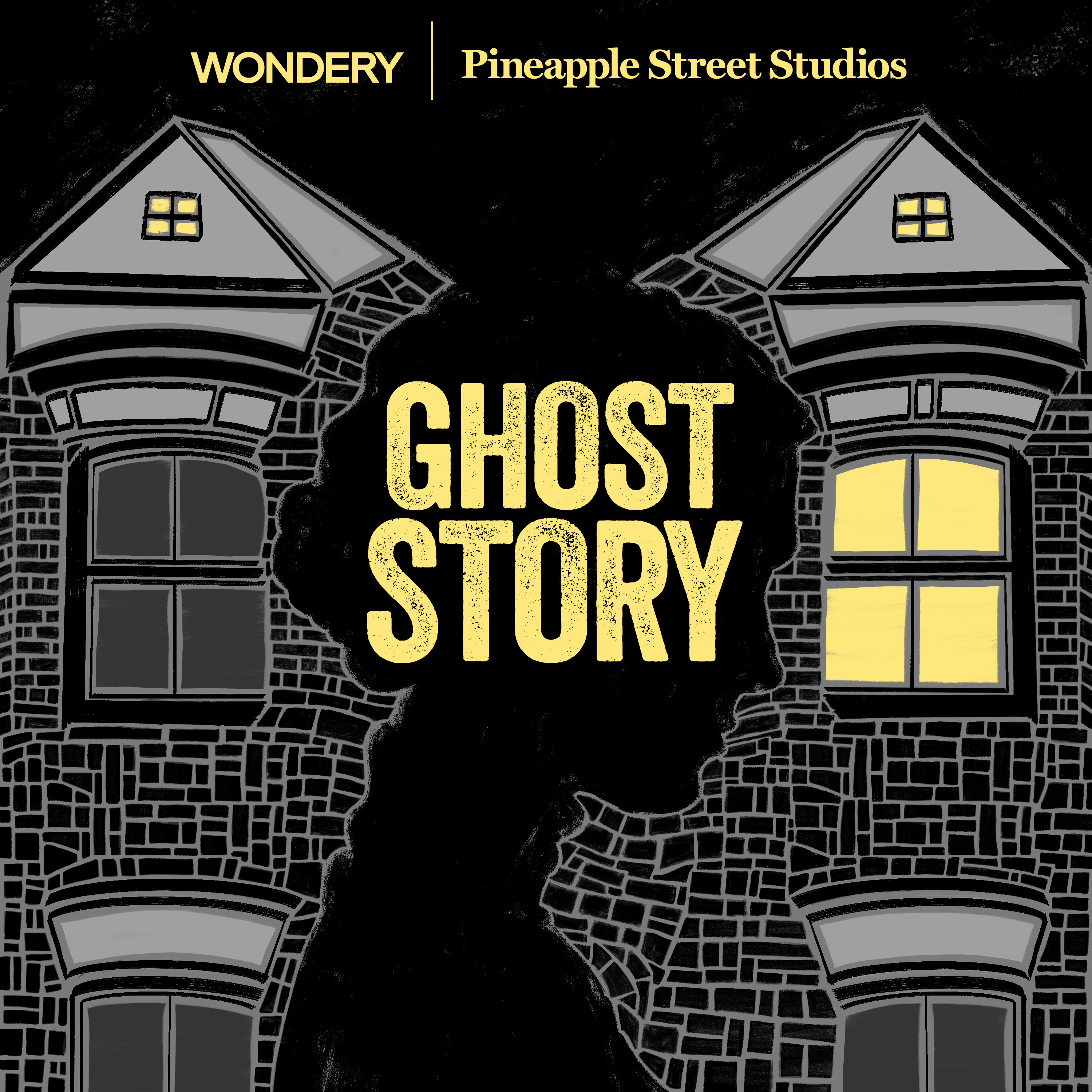
Ghost Story
Wondery | Pineapple Street StudiosDiz Runs Radio: Running, Life, & Everything In Between
Join Denny Krahe, AKA Diz, as he talks with a variety of runners about running, life, and everything in between.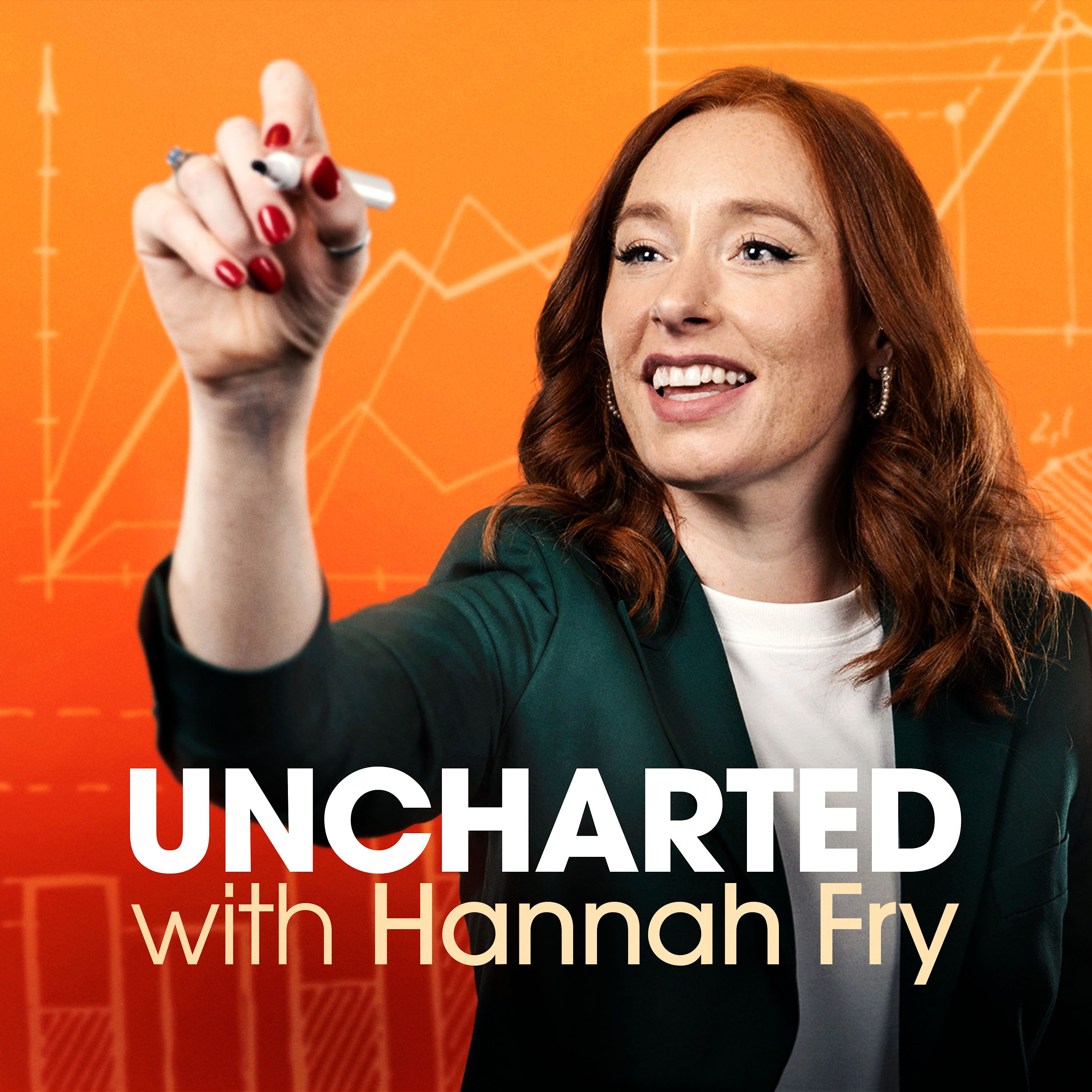
Uncharted with Hannah Fry
BBC Radio 4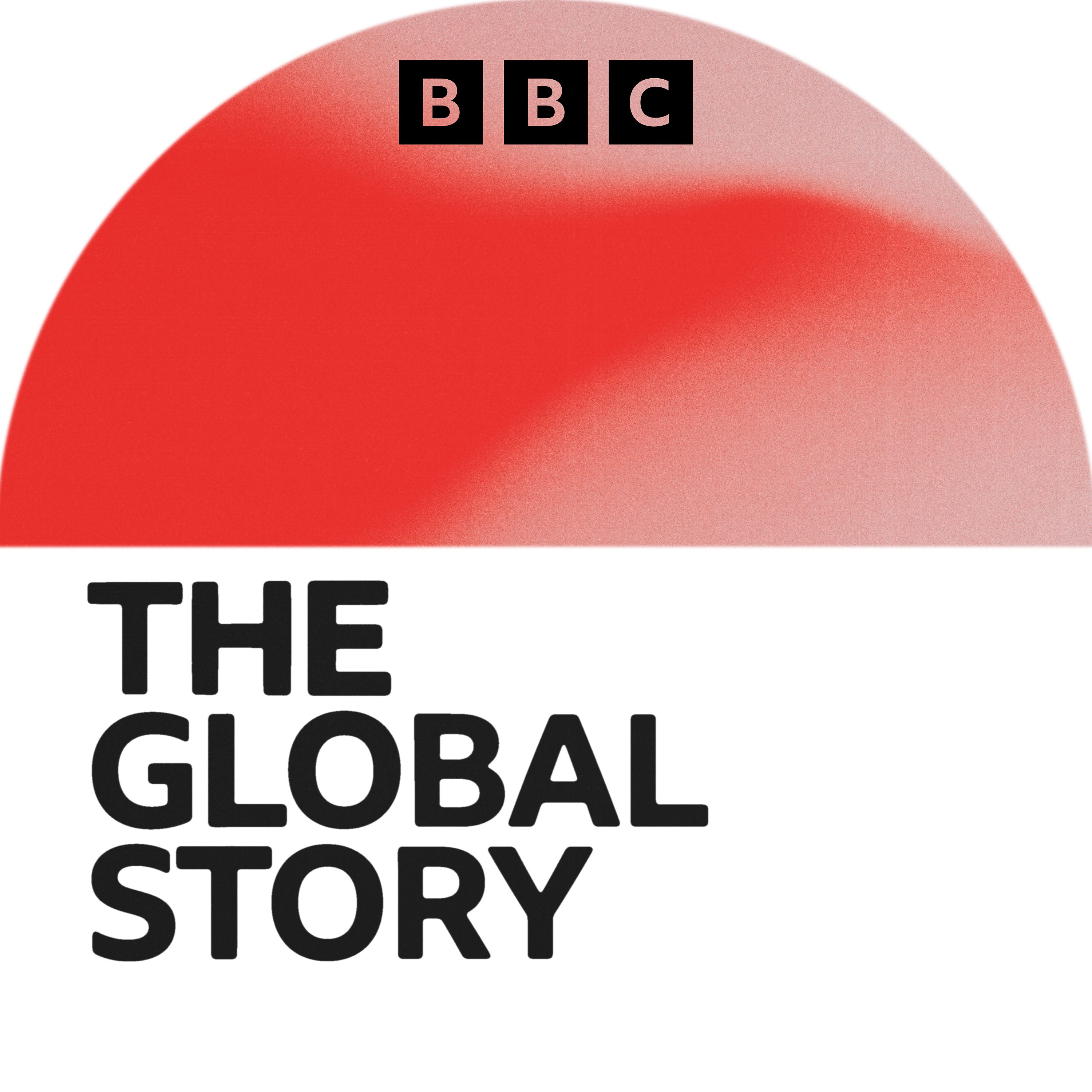
The Global Story
BBC World Service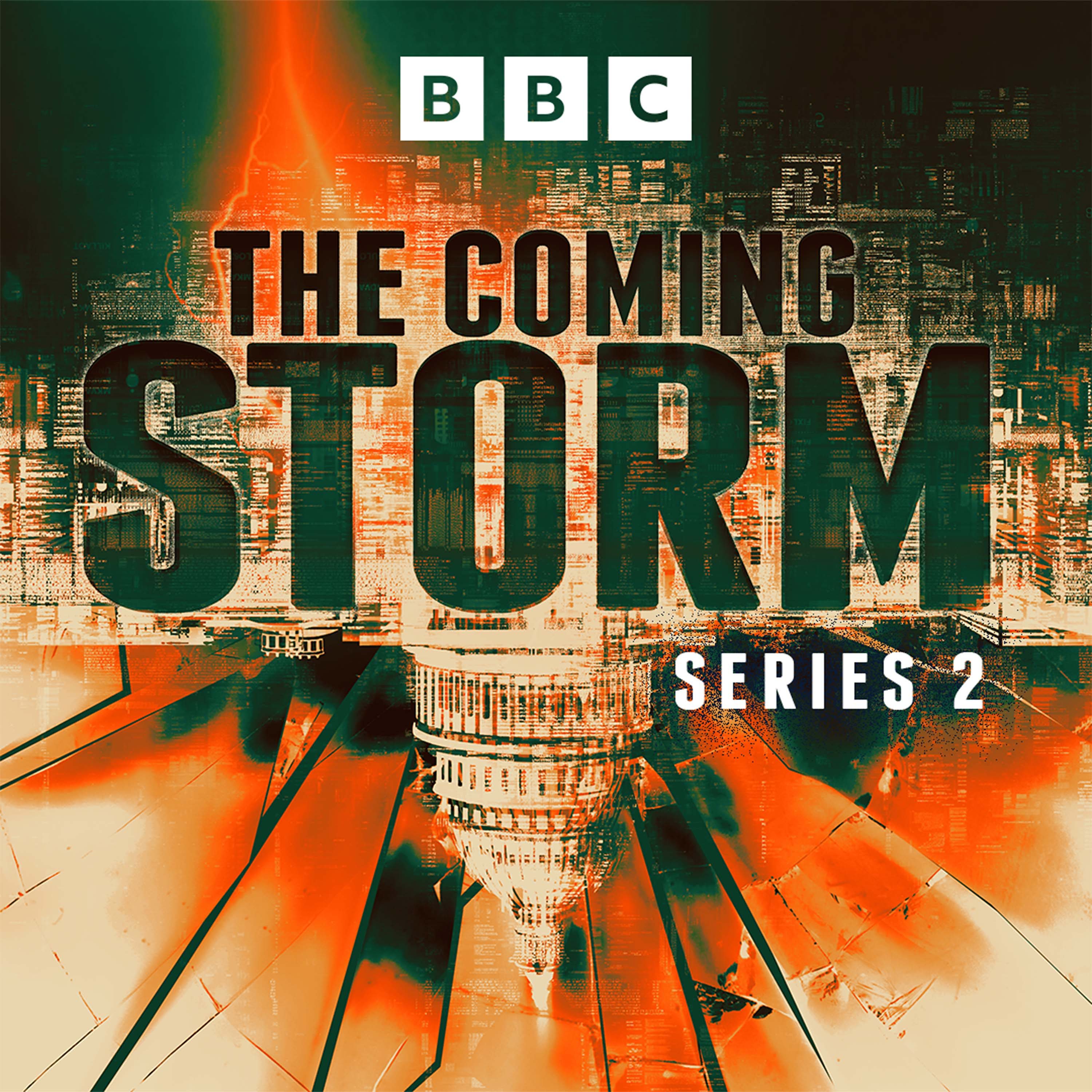
The Coming Storm
BBC Radio 4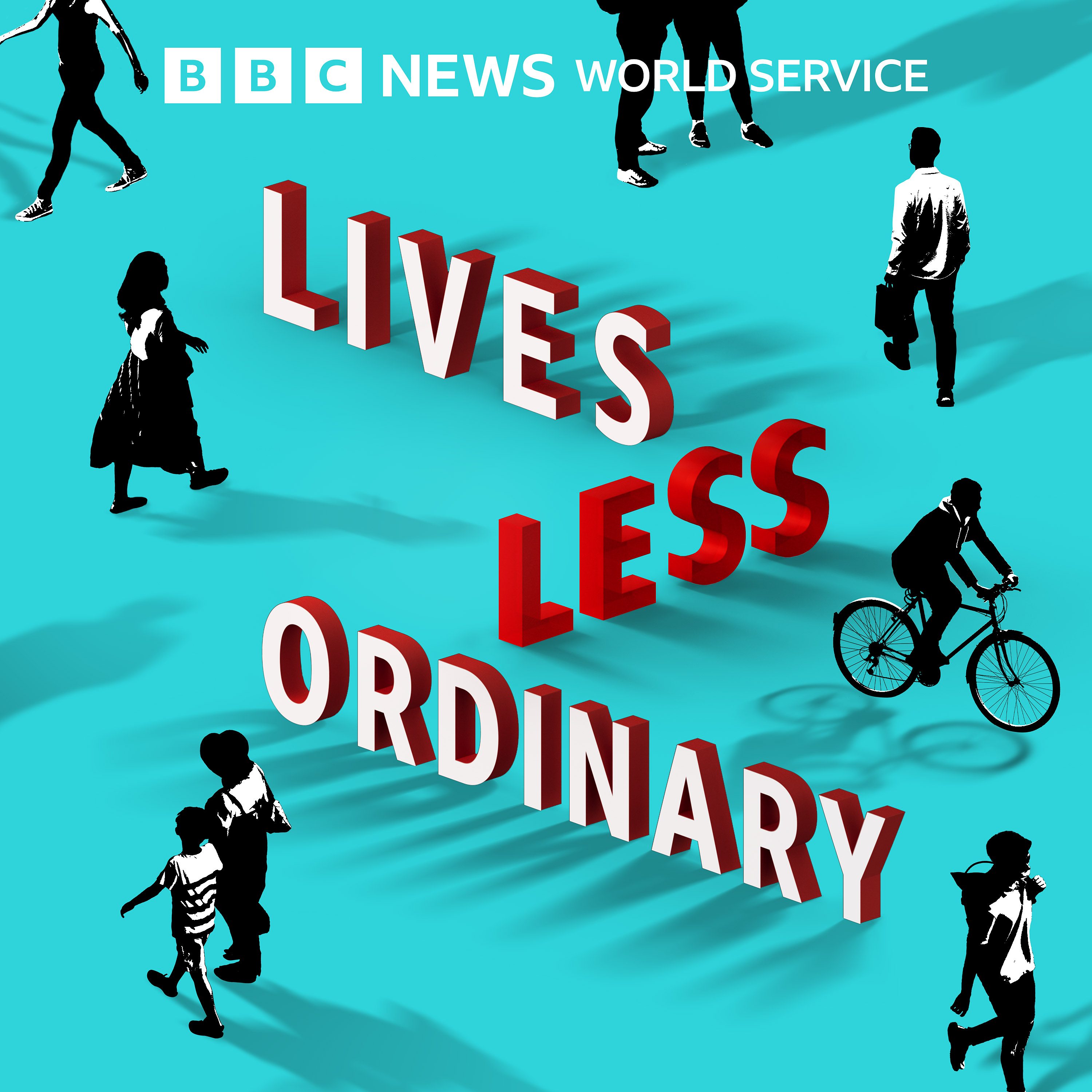
Lives Less Ordinary
BBC World Service
Do Epic Shit Today Podcast
Hannah Mulhern
The Rest Is History
Goalhanger
